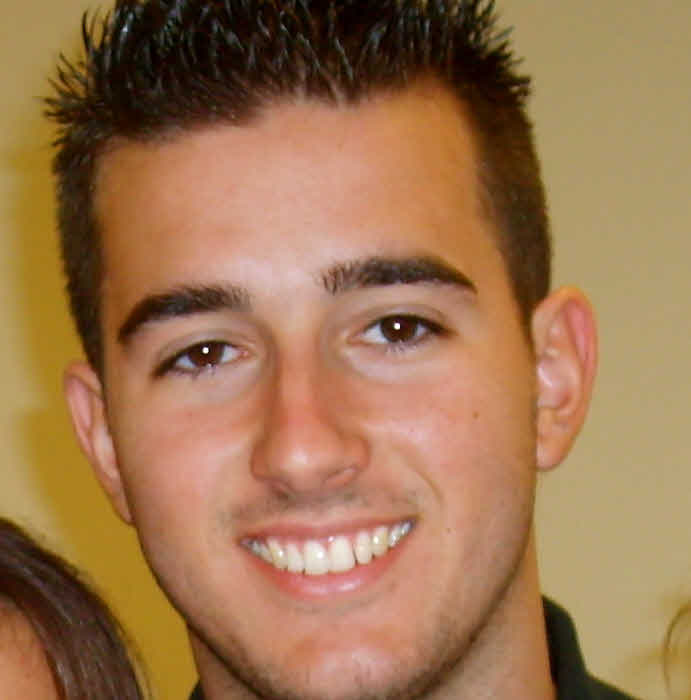
George Hart
George Christopher Hart majors in Political Science, Philosophy and History. George sees each area of study contributing to his preparation as a high school History teacher. In choosing to teach, George states, "I feel a sense of duty to contribute to the paradoxical public school which gave so much to me; yet it had, and still has, so many shortcomings." From a very young age George has worked to support himself. However, his work responsibility has not prevented his assuming leadership roles at Boston College. George is currently Co-President of OLAA. He is also a facilitator of the Dialogues on Race, an EcoRepresentative, and he recently led the ALC's "Strides against Breast Cancer" team. Georges' goal is to become a politician, using his experience as a classroom teacher to advocate for and shape policies impacting our nation's children.
1. What motivated you to apply for the Romero Scholarship?
I was motivated to apply for the Romero Scholarship when I went to the Romero Scholarship ceremony last year. The celebration and the prestige of the scholarship interested me in getting to know more about who exactly Archbishop Oscar Romero was and what he stood for. When I learned of his life's work and legacy, I knew that being an awarded the scholarship would be such an honor; furthermore, being awarded the scholarship would give me the confidence I need to pursue my life's aspirations.
2. What was the most memorable question from the interview and how did you respond?
The most memorable question from my interview was, "If you could sit down with Father Leahy, what recommendation would you make to him to improve the school?" I responded by saying that I would first like to see either tuition dropped, or more scholarship money awarded to students. My reasoning stems from my strong belief that a "liberal arts" school should encourage students to take liberal arts jobs, and not encourage students to enter a corporate office to repay their loans. Secondly, I also suggested that the University expand the liberal arts majors such as Philosophy and Political Science in an effort for the University to be better known for its liberal arts instead of its business program. Finally, I recommended that the administration be more proactive in promoting a united campus.
3. How did you feel when you heard your name called as the award winner?
I was in total shock, and at a loss for words. I had no idea that I would be selected, especially given the impressive accomplishments of my fellow finalists. I was overwhelmed with emotions of joy and excitement. The limits of language make it difficult to describe such an overwhelming emotion.
4. What do you feel is your biggest responsibility as the Romero Scholarship recipient of 2010?
I must not only continue to be a scholar, and give back to the community; but I must do even more and try harder to achieve my goals. Doing enough is no longer enough. I must strive to go above and beyond my limits and push myself to try to the best of my ability to carry on the mission that Archbishop Oscar Romero worked tirelessly for; the mission he died for. I must learn to give more through service, academics, and love everyday of my life.
5. What would you say to students who are thinking of applying for 2011-2012?
Be thorough with your application, and answer every question on the application with words from your heart. Meditate on the life of Archbishop Oscar Romero and what it would mean to you to have his name associated with yours. Beginning the summer following their sophomore year, really begin to really step outside their comfort zone and give back to their communities. Take chances and follow your heart's passions. One can give back through service trips, music, or campus organizations. Finally, apply to the scholarship regardless of what you think your chances are of being a finalist; the scholarship is more than a grant of money, it is about discovering who you are and where you are going with your life. Good luck!

